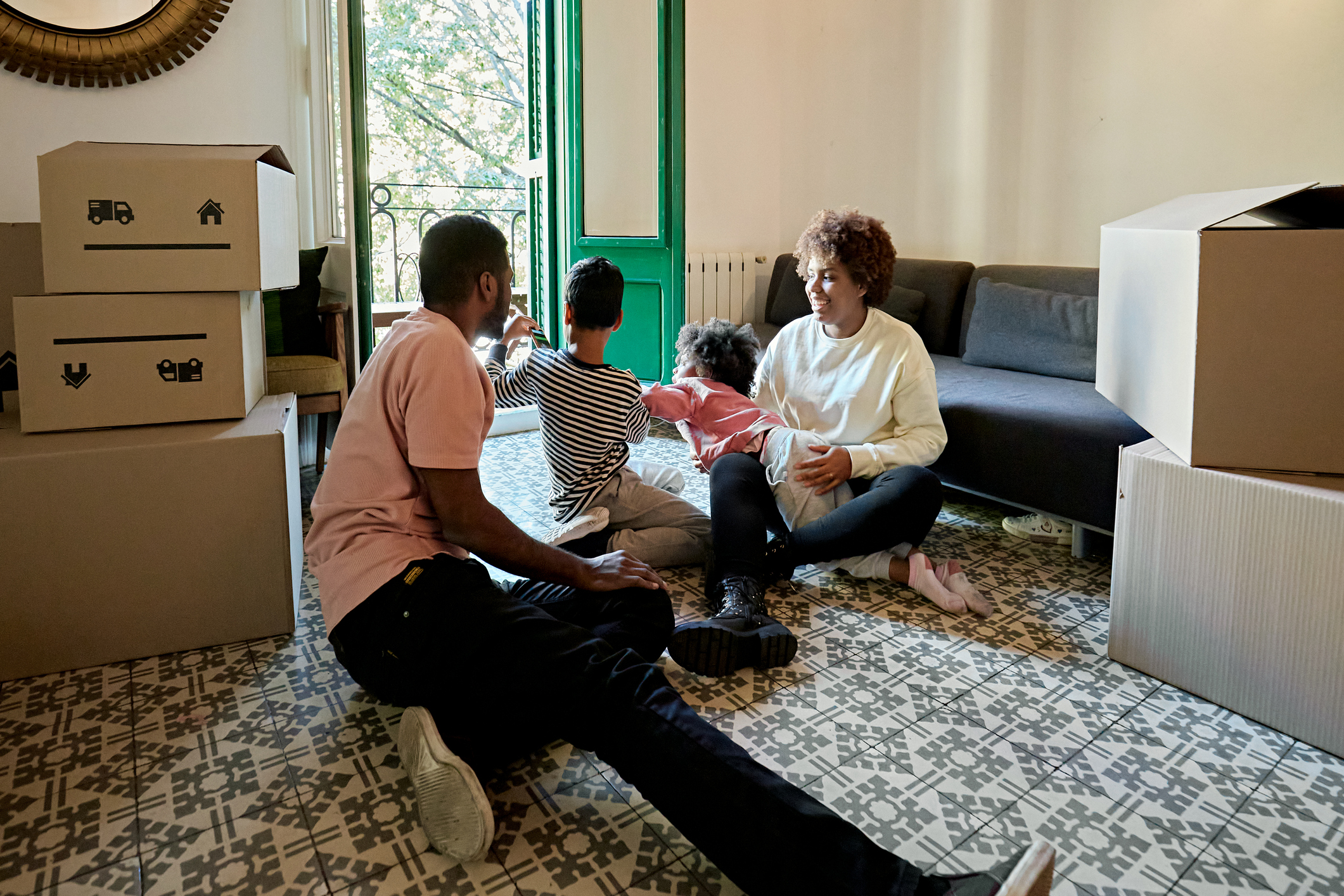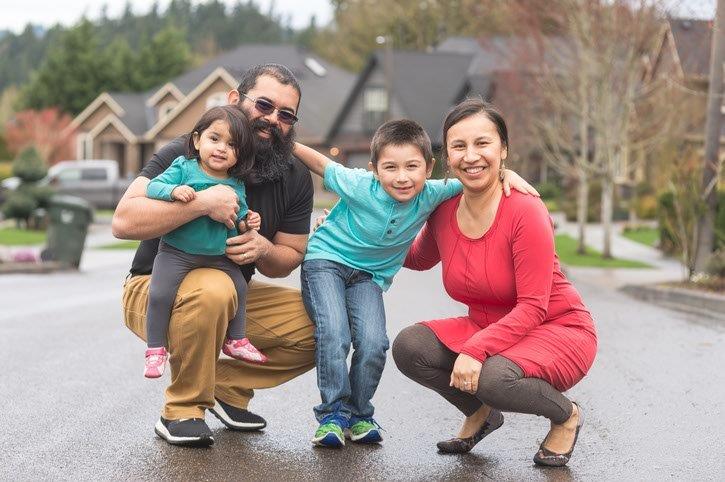This worksheet provides an overview of the most common housing models and interventions, from short-term housing to long-term housing. It is important to provide families with timely access to housing options that meet their unique needs. However, communities often have limited housing resources and mismatches between family needs and available housing options. This worksheet helps community leaders understand the various housing models and identify strengths, gaps, and opportunities within their current family housing resources. By identifying these gaps, communities can develop strategies that keep families stably housed.
Acknowledgements
This resource was made possible in collaboration with:
- Casey Family Programs, whose mission is to provide, improve – and ultimately prevent the need for – foster care.
- Chapin Hall, an independent policy research center dedicated to improving the well-being of children, youth, and families.



